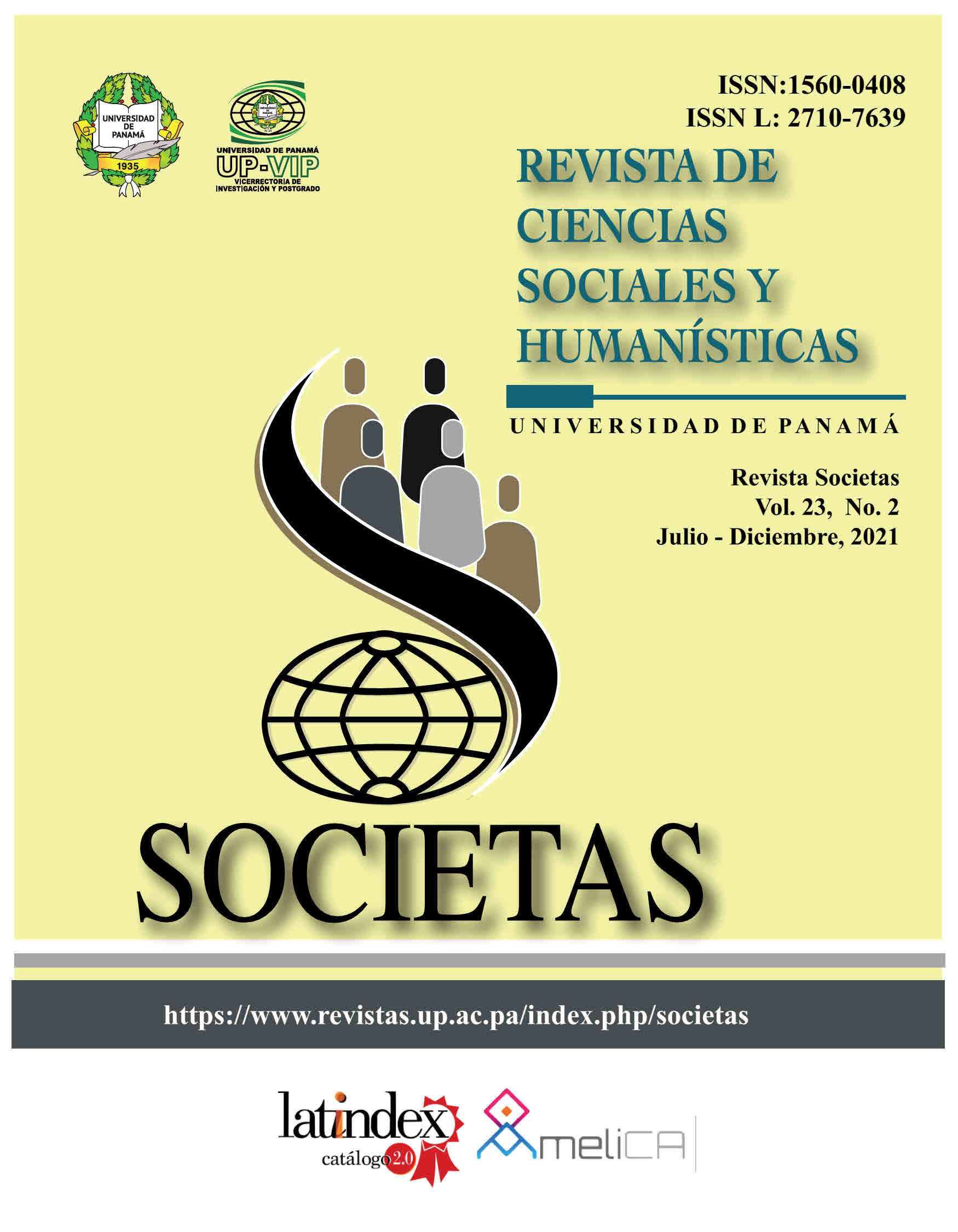

The different studies carried out on inequality in health, during the last 20 years, in the American Continent, reflect that Panama is one of the most unequal countries in the region, in socioeconomic aspects, in matters: income distribution, education, health, among others, which produce imbalances in the quality of life and well-being of citizens, becoming structural and systemic problems, causing a social debt with these vulnerable populations. For this reason, a critical analysis is carried out that allows visualizing inequality in health and that public policies are limited and ineffective in providing comprehensive responses; that provide equal quality health for all.
It should be noted that the country recently presented its second Voluntary Report on the Adoption of the 2030 Agenda for the fulfillment of the Sustainable Development Goals “Transform our world”, 17 Goals, 169 goals and 232 indicators; which constitutes a set of wills that in a little less than ten years will get very little progress, but will require and use many resources and the health situation for the most vulnerable populations will remain the same; Furthermore, if we recount the last twenty years, the panorama will continue to be the same, with the problems that the different regions present, despite being a small country with few inhabitants and that allocates large amounts of social spending.
A latent issue is the state of affairs and the measures that as a country have been adopted to confront COVID-19 and its impacts on the health system; and even when we are aware that these are difficult times, where many families have lost their loved ones, regardless of social class, race, or age; a greater situation of multidimensional poverty and vulnerability is evident, accompanied by a high public debt and fiscal constraints, which limit concrete actions to reduce the gap in health inequality; therefore, the actions to be carried out in the coming years will be very limited, if not without real impacts.